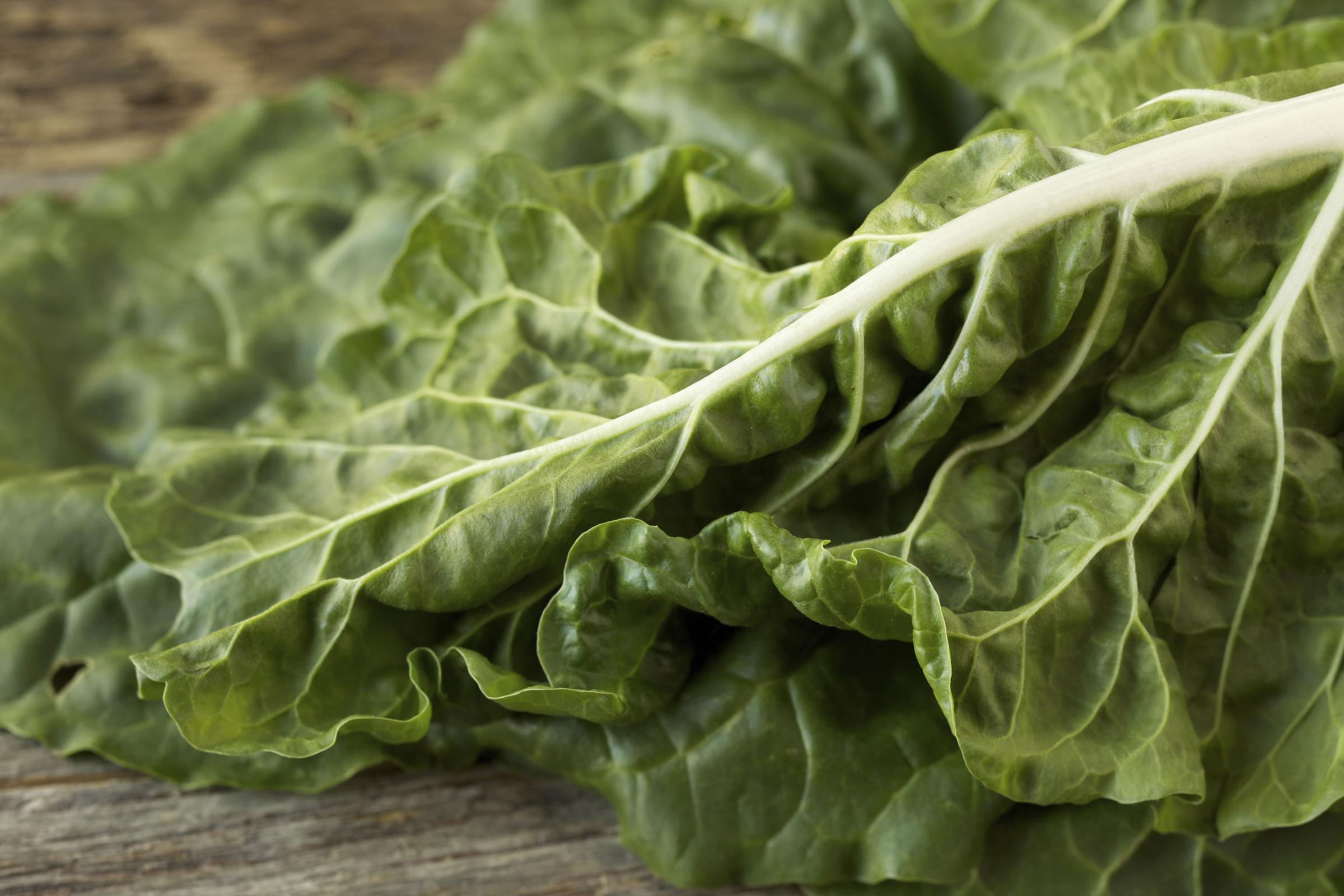Do you eat well, exercise often, and still feel like you’re not losing that stubborn weight? Truth is, eating well and exercising often is a very relative and general statement. If we’re honest with ourselves, I’m sure we could admit that we’re all capable of trying a little harder in both areas.
Total-body wellness is a lifestyle. Fat loss happens when you ditch the scale, find an activity you enjoy, and start to see food as fuel instead of something to feed your emotions or occupy your time.
No matter who you are or what your background is, chances are one of these 7 reasons could be why you’re not shedding pounds.
HEALTH.COM: 11 Reasons Why You’re Not Losing Belly Fat
You’re eating wrong foods
If you’re not losing weight, the first place you should be looking is the kitchen. Some people focus all their energy on burning off calories that they don’t take the time to consider what they’re putting in as fuel. Diet is at least 80% of the battle. While the exact foods you should be eating depend heavily on your body type, metabolism, and other factors, a good rule of thumb is to stick to all natural, whole foods.
Eat most of your starchy carbohydrates (like potatoes, brown rice, grains) on days when you do strength training or more rigorous exercise. On your rest days or when you’re doing light cardio, try to stick to just protein and veggies and not a lot of those starchy foods. Avoid excess bread, sugar, and anything else that’s processed. Look for foods that have the fewest ingredients on the label—if you can’t pronounce it, it’s probably not something you want to be putting in your body.
7 Foods That Taste Better Now Than They Will All Year







You’re eating too much
If you’ve already cleaned up your diet big time and you’re still not losing weight, it may be that you’re simply eating too much. In order to shed pounds your body needs to run a calorie deficit, meaning you need to burn more than you consume. That being said, you shouldn’t have to deprive yourself either. Life is about balance. Don’t become consumed with counting calories or weighing yourself every day.
Eat whenever you’re hungry and eat slowly enough so you can stop just before you get full. Healthy snacking during the day will keep you from overeating during meals. I always carry a few Kind Bars in my bag, because they’re a great snack made with whole foods, and have nothing artificial. And don’t be afraid to give yourself ‘healthy’ cheats, like a few chocolate-covered strawberries or coconut chia seed pudding. The moment you start depriving yourself is when you start to feel like you’re missing out on something and you want to binge.
HEALTH.COM: 10 Mistakes That Make Cravings Worse
You’re doing too much cardio
Yes, cardio is a necessary part of your workout routine. It keeps your heart healthy, boosts your metabolism, and gives you a good sweat (you should break one daily). However, only doing cardio—or doing too much of it—can actually add to the problem. Longer cardio sessions like staying on the elliptical for 90 minutes or going for regular 10-mile runs can eat away at your lean muscle mass, which is essential for increasing your metabolism to burn more calories.
It causes the body to become more endurance-focused, storing energy as fat to ensure it has plenty of reserve fuel to keep you going for all those miles. Not to mention it dramatically increases your appetite, making you more susceptible to unnecessary snacking or overeating.
You’re not lifting weights
This one goes hand in hand with #3. I’m not saying you can’t or shouldn’t do cardio. If you love to run or bike for reasons other than losing weight, then by all means don’t stop. But if your primary goal is fat loss, there are other forms of exercise that give a much better bang for your buck. The best way to lose weight and build lean muscle by doing some form of strength training in addition to your cardio. The more muscle tone your body has, the more fat you’ll burn.
If you’re not ready to give up your cardio routine just yet, try adding some interval training by performing short bursts of all-out effort mixed into your regular session. These workouts are much more effective at promoting hormones that target stubborn fat. Then, start adding some resistance training to your routine. Body weight exercises like push-ups, squats, and lunges are a great place to start to help build up to lifting actual weights.
HEALTH.COM: 10 Exercise Cheats You’ve Got to Stop Doing
You’re not working hard enough
There’s no exact equation to working out and eating healthy—it’s a matter of trial and error, finding out what works specifically for your body. And more time spent in the gym doesn’t always equal a more fit person. Unless you’re an athlete, body builder, or a marathoner-in-training, the average person shouldn’t be working out more than an hour a day.
Your workouts should be intensity-dependent, not time dependent. Keep this fact in mind: the harder you work, the shorter your workout time may need to be. That’s why it’s so important to maximize your time spent in the gym or fitness class so you can achieve that coveted ‘afterburn’ effect which keeps your metabolism revved for 24-48 hours afterward.
You’re not taking time to recover
When you do achieve that afterburn and you’re really feeling your workout the next day, those are the days to focus on different muscle groups. Or, if you prefer to work out your whole body, establish a workout routine where you work your entire body one day and then take the next day to do light cardio, stretching, or complete rest.
Recovery and rest are often more important than the workout itself. It’s during those periods that your body does most of the actual fat burning. So give yourself that time to fully recover so you’re ready to work hard the following day. Most importantly, listen to your body. Push yourself, but also give it some love, too.
HEALTH.COM: 27 Mistakes Healthy People Make
Your body is under too much stress
Exercise is a stressor on your body. When you have a healthy balance of exercise-related stress and recovery time, your body is healthy and can lose its excess fat. However, not giving your body enough time to recover can also be a negative (see above) as you’ll start to produce an excessive amount of cortisol, a stress hormone. Cortisol is both normal and important when working out, it’s involved in processes that give your muscles the energy needed to get moving.
However, when your body is exposed to cortisol for longer periods of time, it starts to cause negative effects, like stubborn fat in areas you don’t want. Exercise isn’t the only stressor that can produce excess cortisol. A stressful personal or professional life can also make your body produce too much of this hormone. When you stop exercising, your body stops producing cortisol; however, it may not be quite as easy to turn off the mental stressors going on in your life. Make sure you’re keeping your mental and emotional health in check in addition to your physical health. You should strive for total-body wellness.
HEALTH.COM: 13 Ways to Relieve Stress Instantly
This article originally appeared on Health.com.
Read next: 5 Workout Moves That Will Change Your Body
See the 10 Healthiest Cities to Live in America










More Must-Reads from TIME
- Donald Trump Is TIME's 2024 Person of the Year
- Why We Chose Trump as Person of the Year
- Is Intermittent Fasting Good or Bad for You?
- The 100 Must-Read Books of 2024
- The 20 Best Christmas TV Episodes
- Column: If Optimism Feels Ridiculous Now, Try Hope
- The Future of Climate Action Is Trade Policy
- Merle Bombardieri Is Helping People Make the Baby Decision
Contact us at letters@time.com